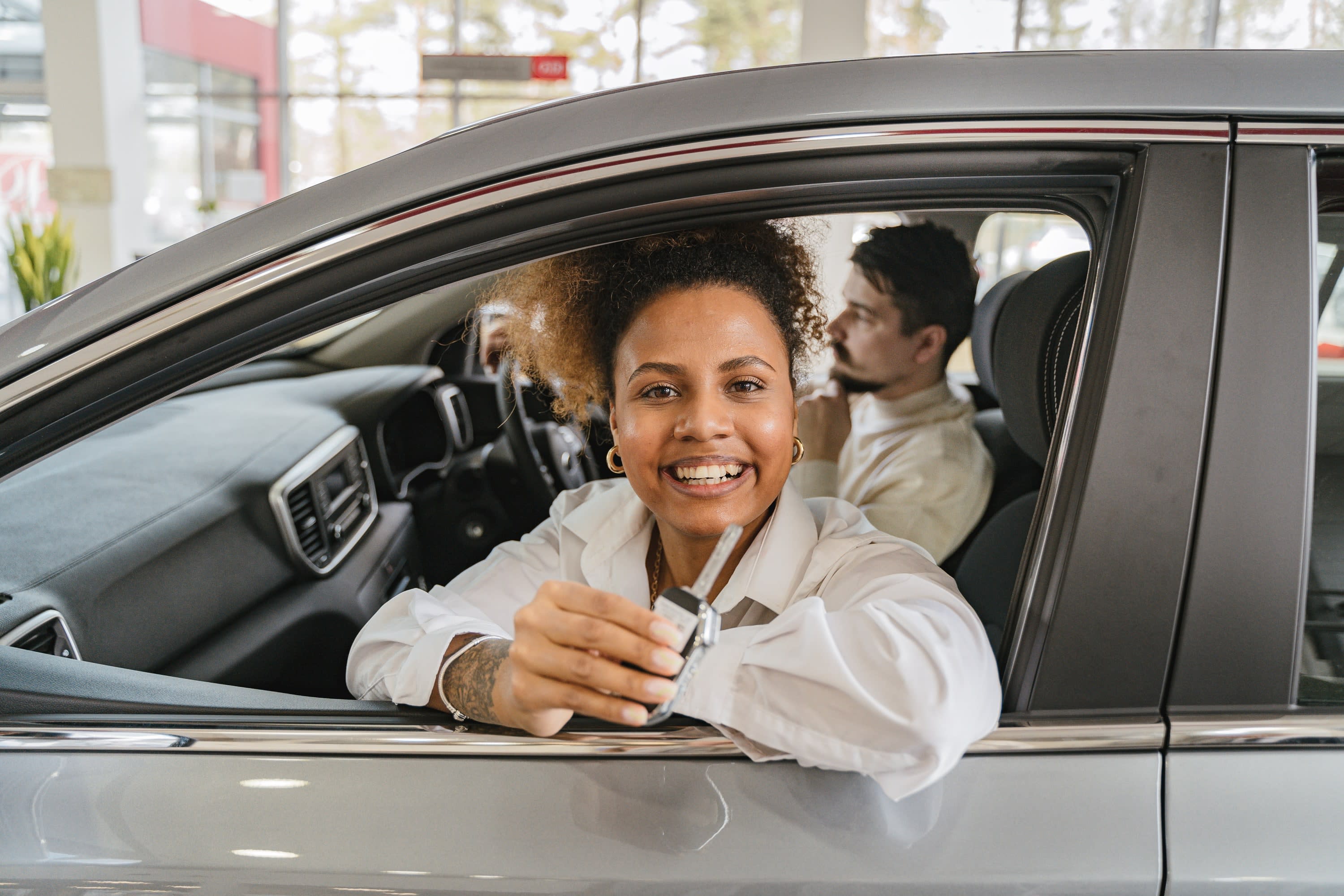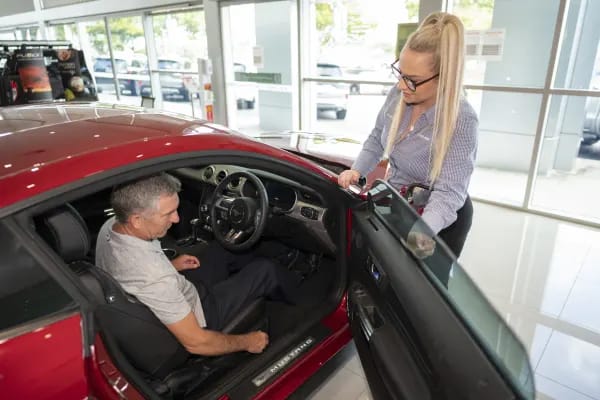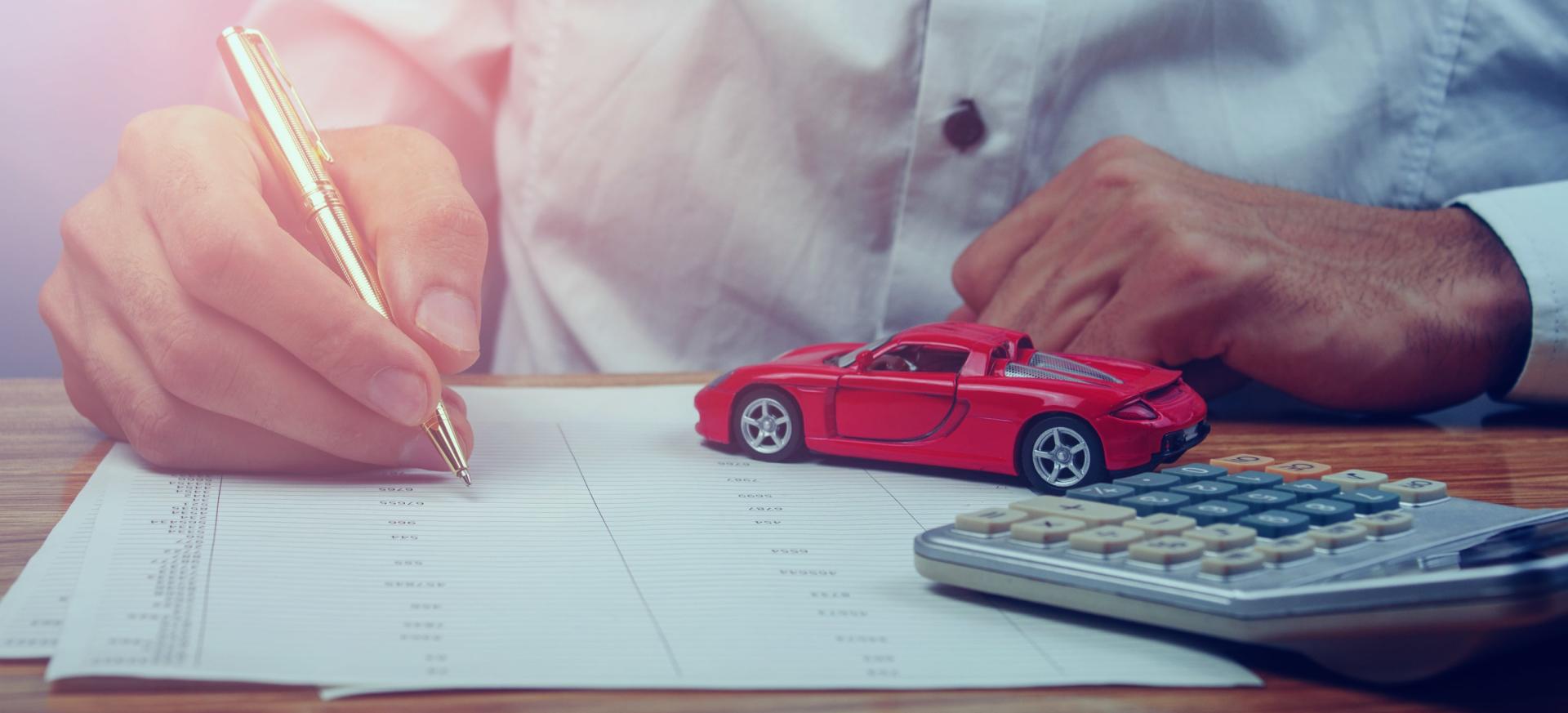
Everything You Need to Know About Car Depreciation
Posted in Buyer Advice
Everything You Need To Know About Car Depreciation
As far as large purchases go, a car for most people, is typically second only to a house. But unlike a house, a car is a depreciating asset.
Some say it starts losing value the moment you drive it out of the showroom, but is that really true?
It’s important that you know how what causes car depreciation, to make an informed decision when buying or selling a car, and what factors matter most.
What is car depreciation?
Car depreciation refers to the difference in car value between the point of purchase and the point at which you want to sell it. In simple terms, it is a decrease in value over time.
Depending on the make and model, around 10% of a new car’s value disappears once you drive it out of the showroom, and another 10-15% is lost by the end of the first year, making it the steepest period of loss on the depreciation curve.
Aside from the loss in value from wear and tear, every time a new model with better features and equipment is released, the previous models are immediately outdated. This tends to accelerate depreciation even further.

What causes my car to depreciate?
The main factors that influence car depreciation include:
- Age of the car: The older a car is, the less value it has. The physical appearance and mileage of a vehicle are used to calculate its age.
- Fuel efficiency: Fuel-efficient cars are cost effective and have more long-term resale value.
- Make and model: Car brands and models that are popular in in Australia, like SUV's, usually depreciate slower than makes and models which aren't in high demand.
- Quality of maintenance: The better maintained a car is, the slower its depreciation will be, especially if records of its maintenance & service history are available as proof.
- Vehicle condition (interior & exterior): Modifications such as tints, leather interior or an aftermarket surround sound audio, could improve a car’s value.
If you purchased two identical cars, parked one in a garage and drove the other one, which one do you think would be worth more in three years time? Right, the one with lower kilometres. And if you would drive both but maintain only one of them. Which one would depreciate less than? Right, the one that's in better condition.
It's vitally important to treat your car well. Make sure you service it according to the manufacturer’s maintenance schedule. Keep all receipts and documentation, and make sure to look after your car by keeping it clean and tidy.
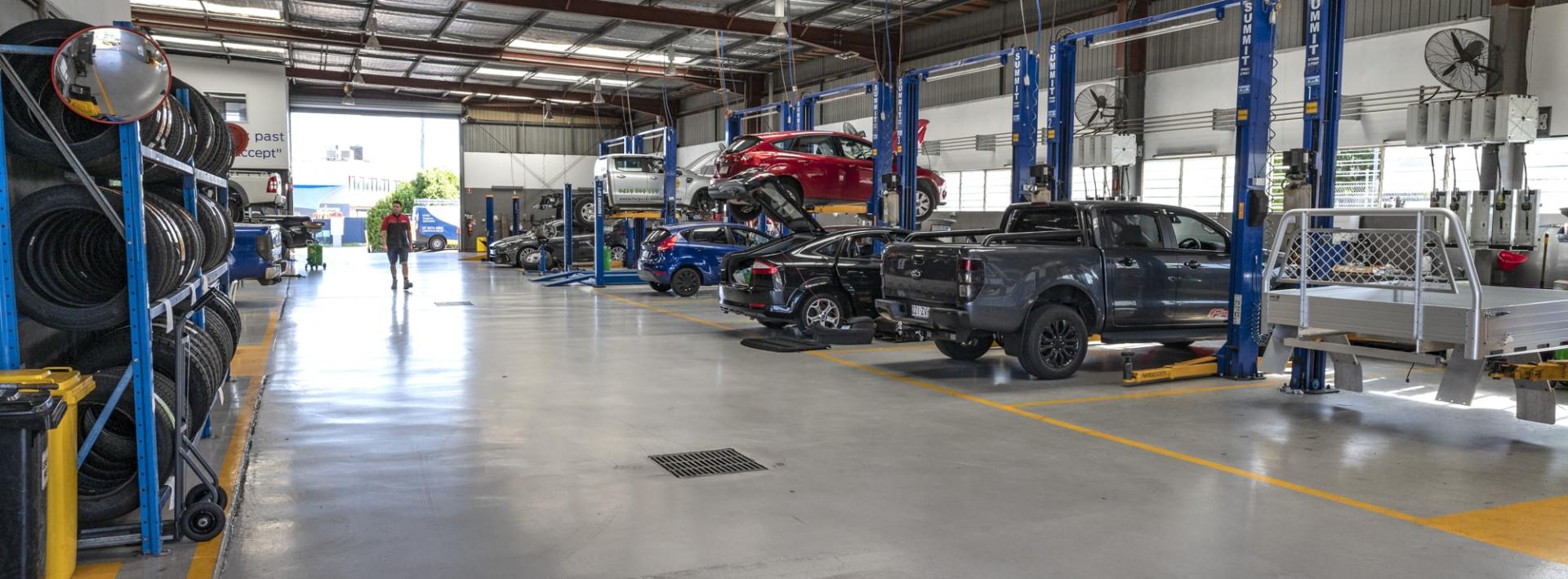
How to calculate your car depreciation
There is no clear-cut way of calculating your car's depreciation, as it depends on many factors. But there are two different ways to calculate a general figure:
Prime cost method
Calculating the vehicle's drop in value as a fixed percentage of its cost:
Cost of Running the Car x (days owned ÷ 365) x (100% ÷ Effective life in years) = Lost Value
Diminishing value method
Using the car's base value to calculate depreciation:
Value of the Car upon Purchase x (Days owned ÷ 365) x (200% ÷ Effective life in years)
Reducing car depreciation
Every car will depreciate, unless it's a classic or a collectors item. But there are ways to reduce your cars depreciation:
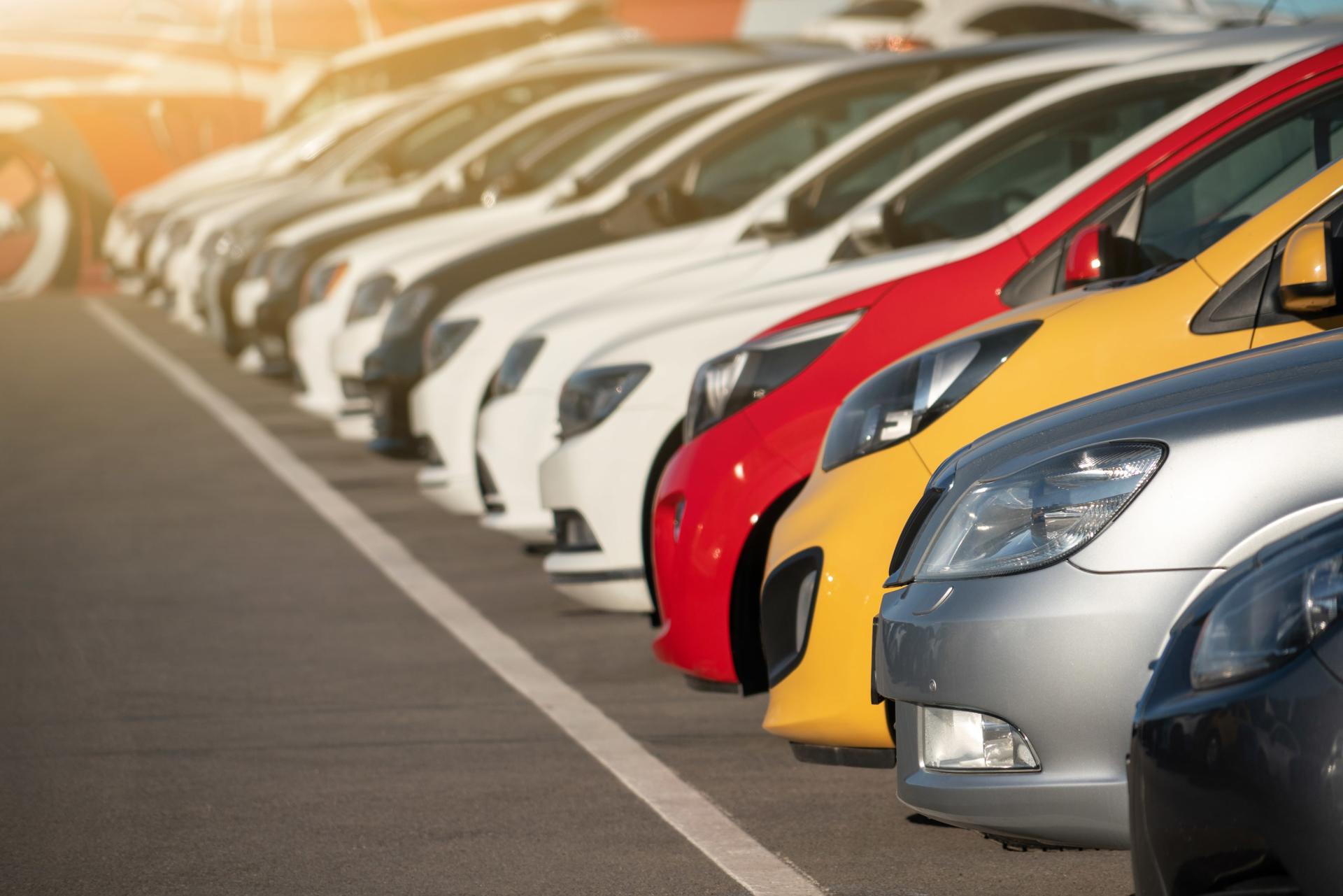
Choose carefully
Studies show that Australians prefer automatic transmission vehicles to manual ones. They also prefer cars with a white, black, red or silver paint job.
If you want a car with a slower depreciation and high resale value, choose a car that future prospective buyers are likely to be more interested in.
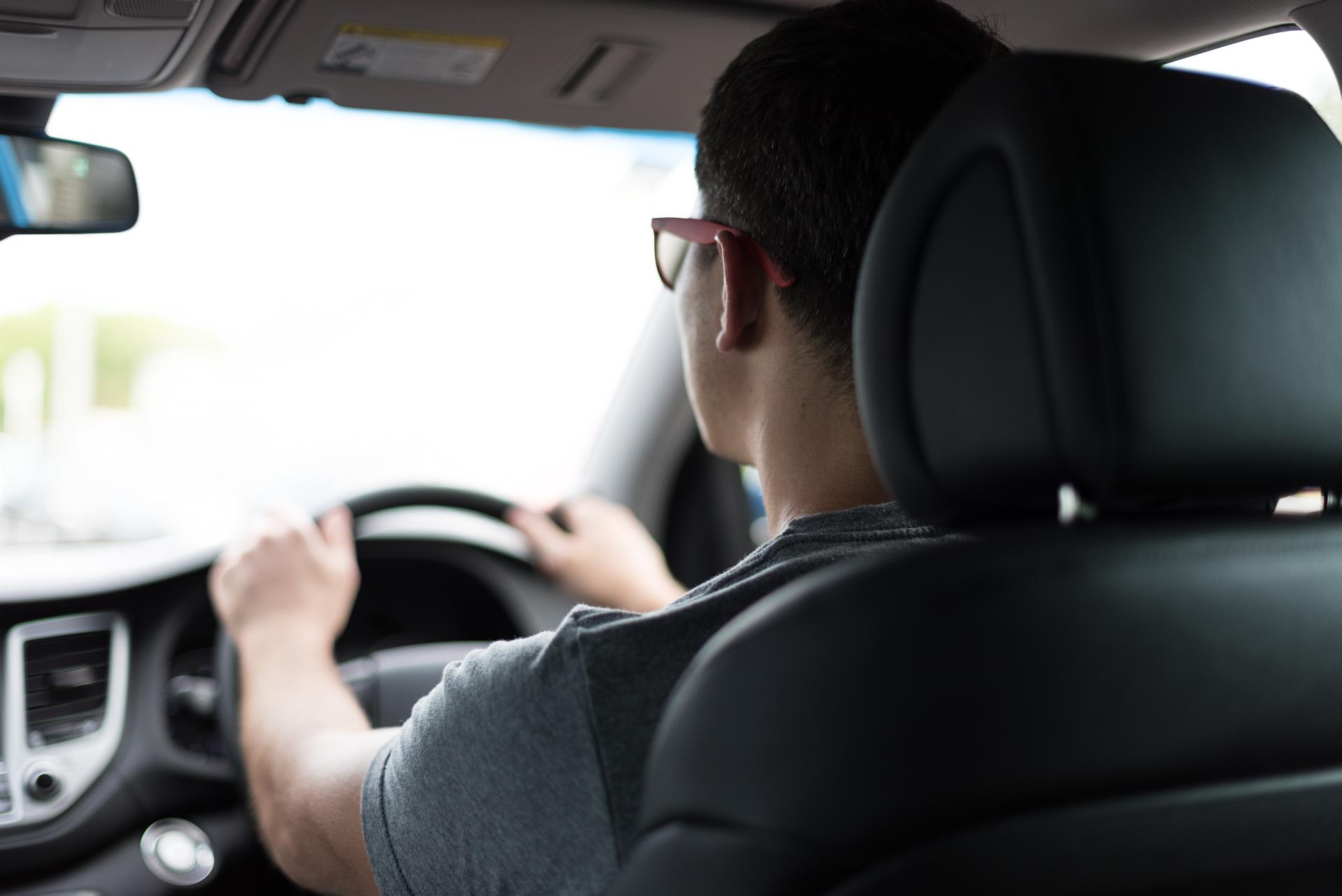
Use carefully
Keeping the car in great condition is just as important as buying the right car.
The fewer knocks and damages a vehicle suffers, the slower its depreciation will be.

Consider a near-new car
Minimise depreciation by buying a used car that’s already past its initial major value drop. A car under 3 years old would have already experienced this value decrease.
Buying such a car saves on purchase price whilst retaining good value over the next 3-4 years. You can sell the vehicle without losing much value to depreciation, especially if you’ve kept the car in good condition.
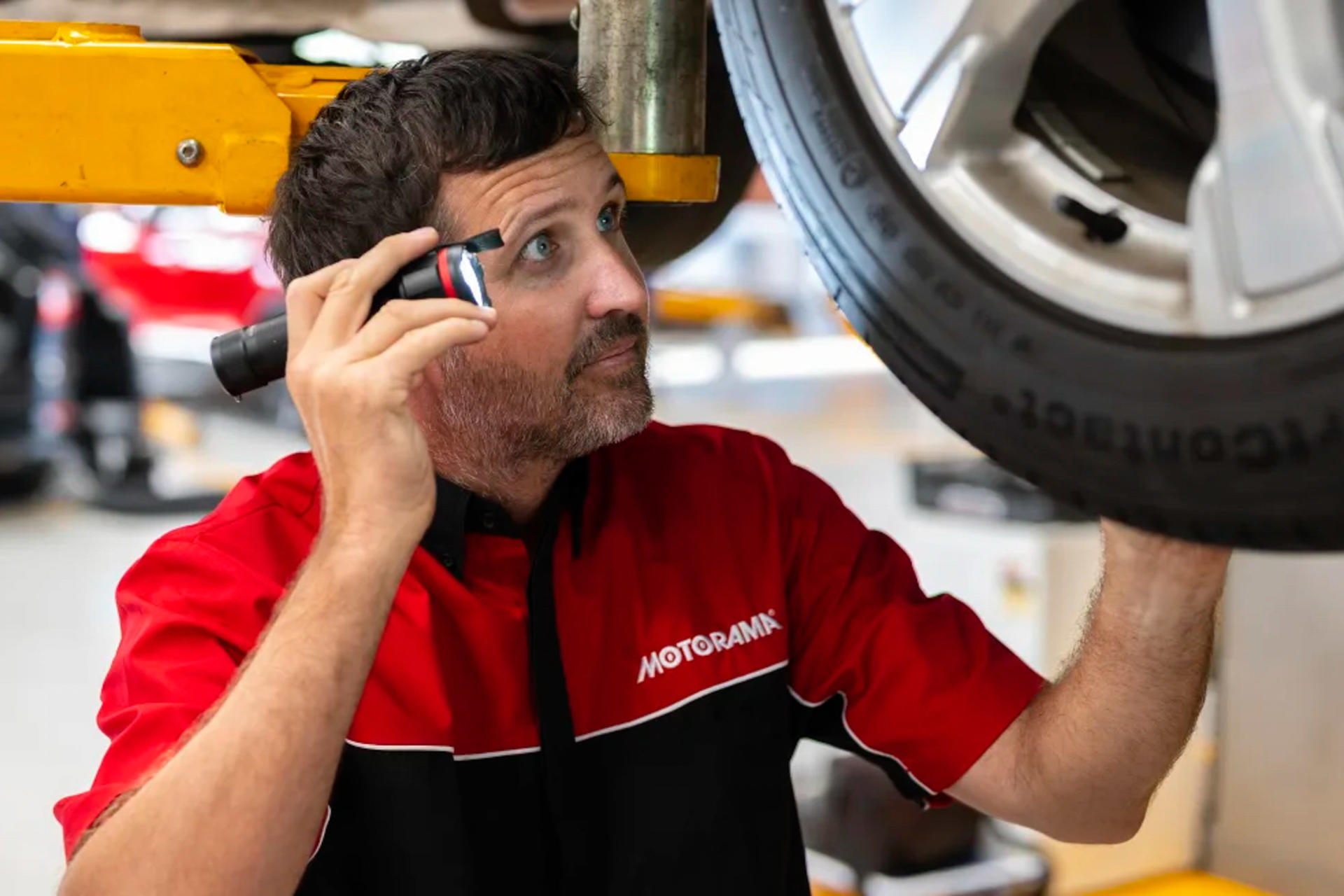
Regular cleaning & maintenance
Keeping a car clean and properly maintained minimises its rate of depreciation and maintains its market resale value.
It services a very useful purpose of being more attractive to potential buyers. Scheduled maintenance and servicing also minimise wear to the engine, tyres and more.
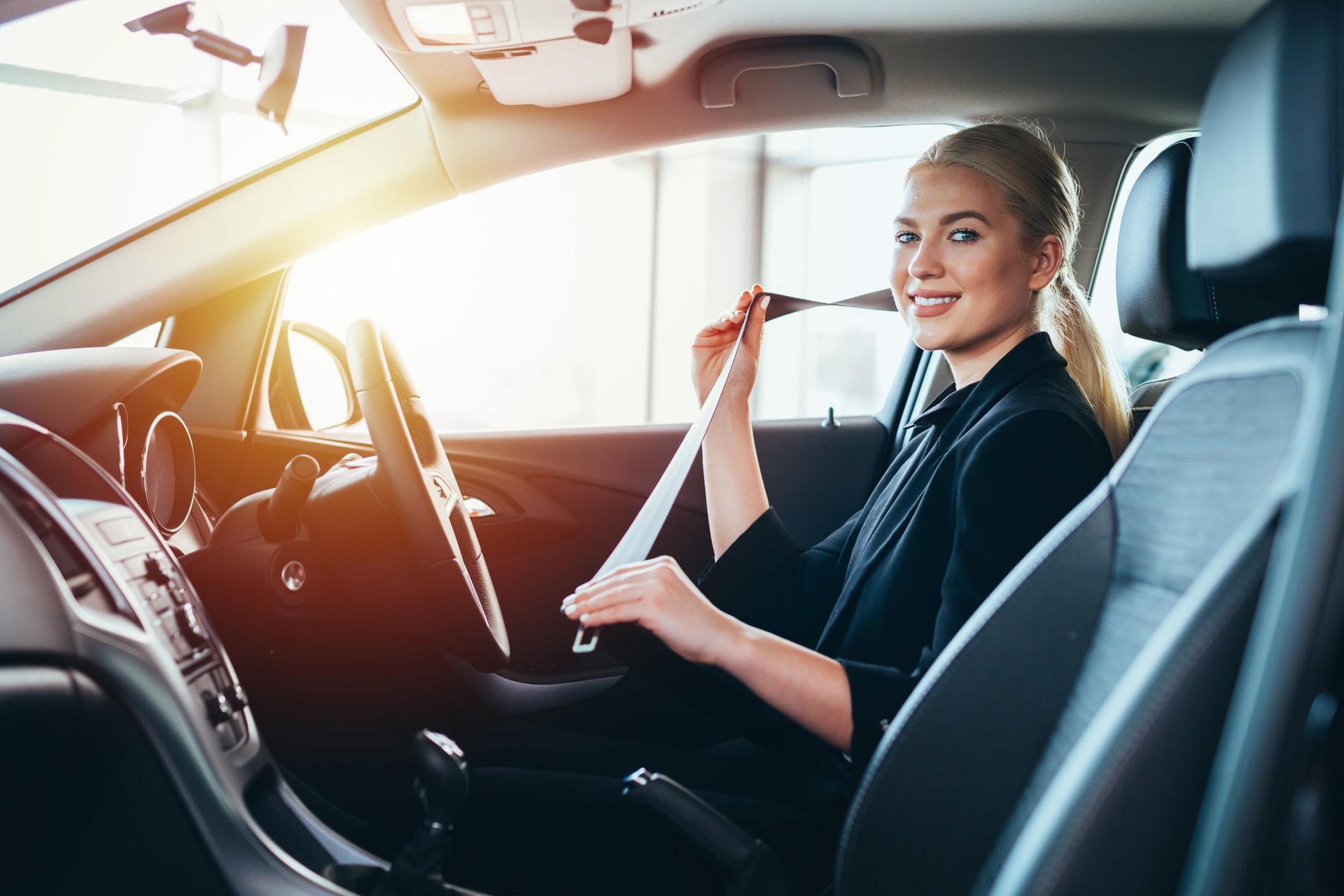
Minimise kilometres
The more kilometres a car racks up, the more it depreciates. If you intend to maintain the market value of your car, avoid frequent long distances trips.
According to the Department of Transportation, the average annual mileage for a car is 13,500. Going beyond this figure could significantly impact the vehicle’s future resale price.
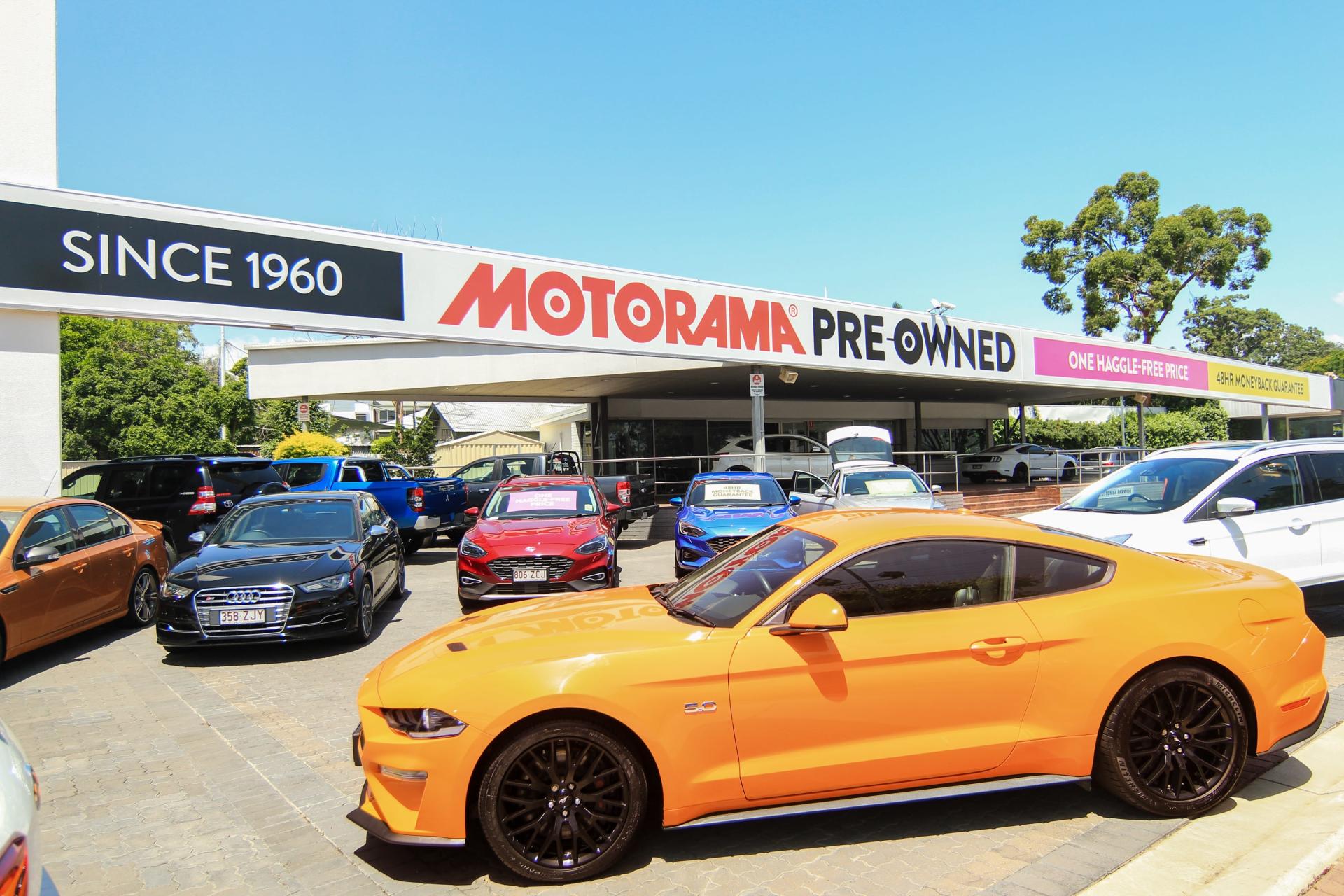
Buy from Motorama Pre-Owned
Minimise the pain when you sell your car in the future by ensuring you don't overpay in the first place.
At Motorama Pre-Owned, you can take advantage of our selection of quality pre-owned vehicles that all come with lifetime engine warranty.
With Motorama Pre-Owned, you won’t need to worry about putting yourself in the uncomfortable position of a high-pressure negotiation because it's all haggle-free.

